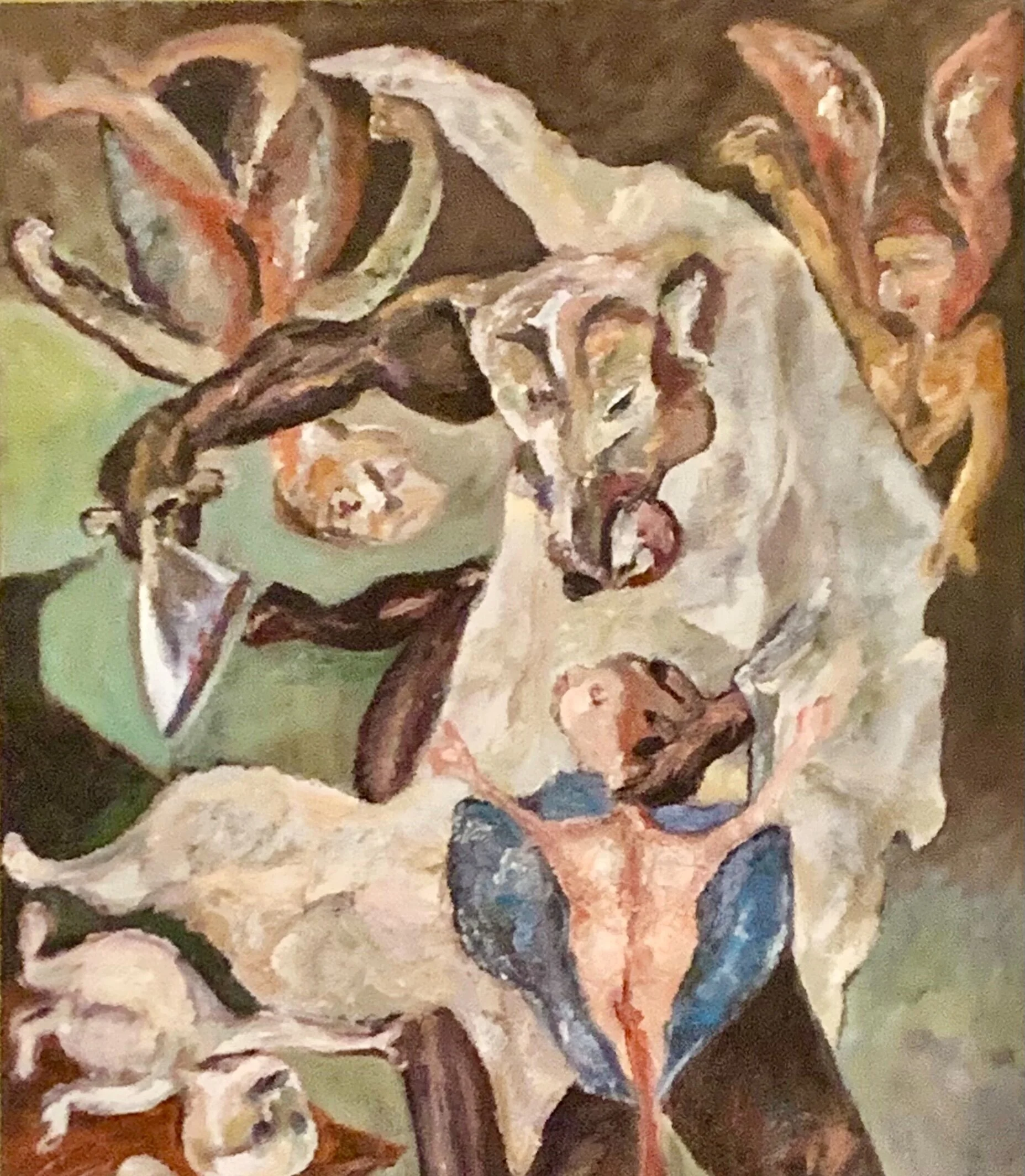By R. Benedito Ferrão
Paul Melo e Castro talks about the translations Life Stories: The Collected Stories of Maria Elsa da Rocha (Goa 1556, 2023), Weeds in the Red Dust: The Collected Stories of Epitácio Pais (CinnamonTeal, 2023), and Regional Tales (CinnamonTeal, 2024) which brings together stories by Augusto do Rosário Rodrigues.



















